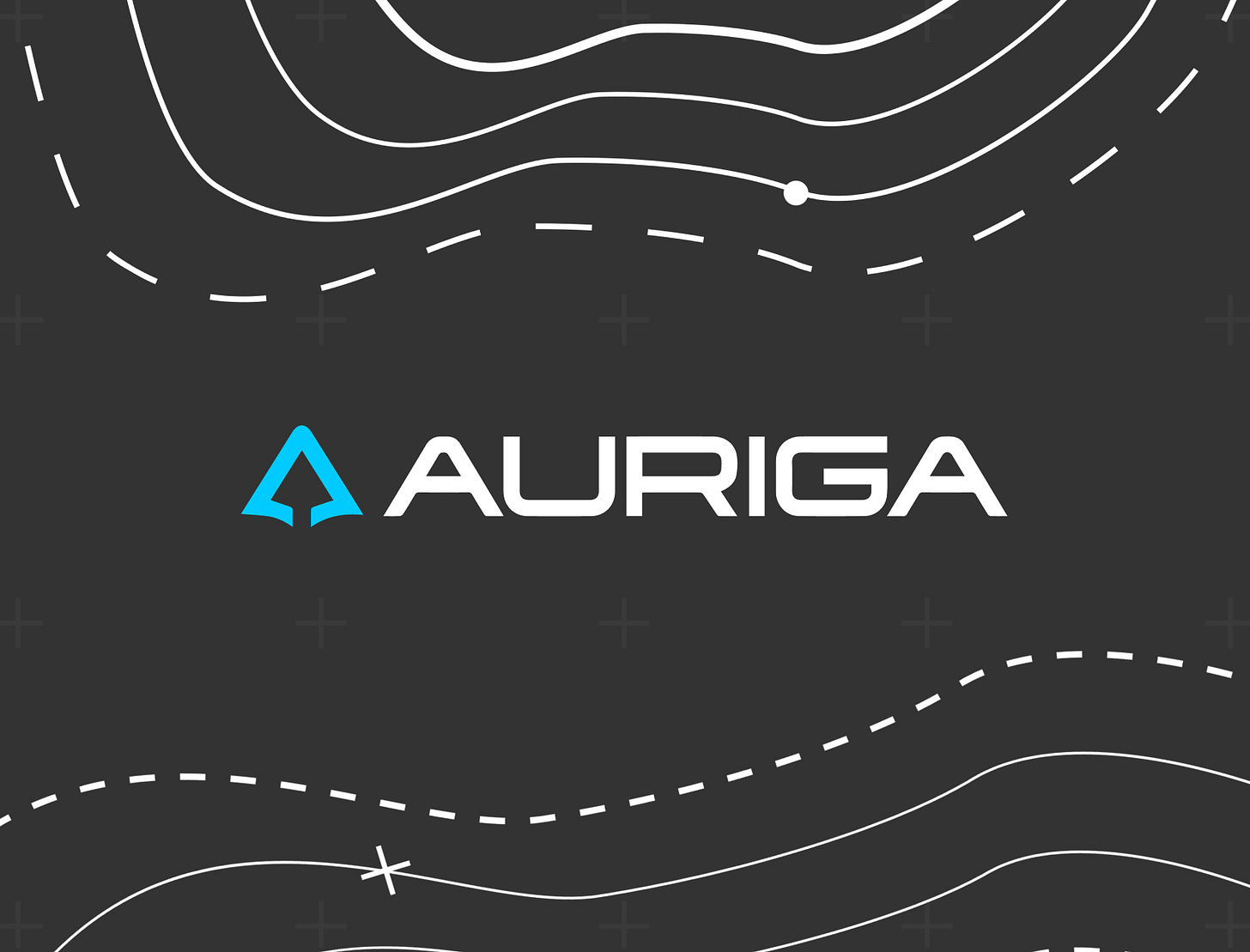FIELD NOTES: Winnie Lai // Auriga Space's Blueprint for Building Hard Tech Companies
How an Engineering Physics graduate combined fintech success and space launch experience to revolutionize orbital access
In a conversation with Deep Tech Field Notes, Auriga Space, Founder & CEO, Winnie Lai discusses how her experience scaling companies across multiple sectors shapes her approach to building revolutionary space launch technology. This interview has been edited for length and clarity.
// KEY STATS //
Founded: 2022
Founder: Winnie Lai, Founder & CEO
Core Technology: Electromagnetic space launch system
Recent Milestone: $5M initial funding from notable space investors
The Engineering-Business Bridge
How does your diverse background influence your approach to deep tech?
"You're building a company because you're passionate about solving a problem," Lai explains. "In our case at Auriga Space, we want to make space more accessible. But passion alone isn't enough – you need domain expertise and a viable business opportunity. My background in Engineering Physics, scaling a tech company to $150M+ in revenue, and leading product at SpinLaunch taught me how to balance technical ambition with practical execution."
Breaking Down Mountains
What's your framework for tackling complex technical challenges?
"It's like climbing a mountain or walking from LA to New York. You can't just look at the destination – you need to break down the problem into smaller chunks. At Auriga, we don't just say 'we're going to build a fully operational orbital electromagnetic accelerator in one step.' We break it down into subsystems, identify the high-risk areas within each, and form hypotheses we can quickly test through simulation or rapid prototyping."
Revenue-First Development
How do you approach the path to commercialization?
“Even as a deep tech hardware company, we want to get to revenue as soon as possible. Our three-phase development approach incrementally scales our electromagnetic accelerator technology: starting with Prometheus, our lab-scale accelerator for hypersonic testing, advancing to Thor, our larger suborbital system, and culminating in Zeus, our full-scale orbital launch accelerator. But this isn't just about technical progression in size and capability. Each phase represents an opportunity to generate revenue while developing our technology. With Prometheus, for example, we saw an immediate opportunity to support hypersonic testing while developing our core technology for space launch.”
Building for the Long Haul
How do you maintain momentum through extended development cycles?
"People understand that complex problems take time to solve, but it's important to celebrate the journey and the checkpoints along the way. Whether it's achieving a technical milestone, proving a hypothesis, or winning an SBIR contract – these victories matter. It goes back to starting with 'why.' Everyone needs to understand not just what we're building, but why it matters."
Ecosystem Strategy
What drove your decision to build in Los Angeles?
"We wanted to be in an area surrounded by other mission-driven companies who are shaping the future of space and defense through innovation. LA gives us access to the greatest aerospace talent and puts us in close proximity to critical partners – both commercial and defense, particularly with Space Force's significant presence here. The ecosystem is incredibly complete: we have half a dozen machine shops within walking distance, and we're surrounded by a community of deep tech founders tackling similar challenges. This proximity to our entire value chain – from suppliers to partners to customers – is crucial for rapid development and problem-solving."
// FIELD NOTES //
LESSONS LEARNED
Engineers Can't Live on Physics Alone From Engineering Physics to SmartPay to SpinLaunch, Winnie's journey proves that technical excellence must be paired with business acumen. "The engineer inside me always loves to over-engineer, but as an entrepreneur, I need to understand ROI."
Break Your Mountain Into Molehills - Prometheus, Thor, Zeus, each phase isn't just a technical milestone, it's a business opportunity. "You can't just look at building an electromagnetic accelerator. You need to break it down into subsystems and testable hypotheses."
Revenue Can't Wait for Orbit - While others wait to perfect their launch technology, Auriga found immediate revenue in hypersonic testing. "We want to get to revenue as soon as possible, even as a deep tech hardware company."
LA Is The New Space Race - "We have half a dozen machine shops within walking distance." Moving from San Francisco to LA wasn't just about space talent - it was about building where innovation happens at hardware speed.
TACTICAL TAKEAWAYS:
Risk-assess like Auriga: Weekly leadership meetings start with "What could kill our accelerator development?"
Turn physics into profit: Monetize electromagnetic tech for hypersonics while building orbital capabilities
Make metal move: "When investors see our accelerator components in action, funding conversations change completely"
Design milestones that matter: Each phase (Prometheus/Thor/Zeus) delivers both technical progress and customer value
FOR FOUNDERS
Auriga's space tech reality check:
Your PhD won't save you - but early revenue might
Stop waiting for perfect orbital insertion - solve defense customers' problems now
Pick your neighbors carefully - Auriga moved from SF to LA to be near aerospace manufacturing
Let them touch the hardware - SpinLaunch taught Winnie that investors fund what they can see
Your technical roadmap is your business roadmap - Prometheus isn't just an accelerator test, it's Auriga's first product
Editor's Note: Auriga Space is pioneering electromagnetic launch technology with a revolutionary approach to commercialization and space access. Through their three-phase development strategy (Prometheus, Thor, Zeus), they're redefining how deep tech companies can generate revenue while building breakthrough capabilities. To follow their journey and development updates, connect with Winnie Lai on LinkedIn. For founders building hard tech companies who want to learn from their methodical approach to development and commercialization, Winnie is actively involved in the Los Angeles aerospace ecosystem and regularly shares insights.




